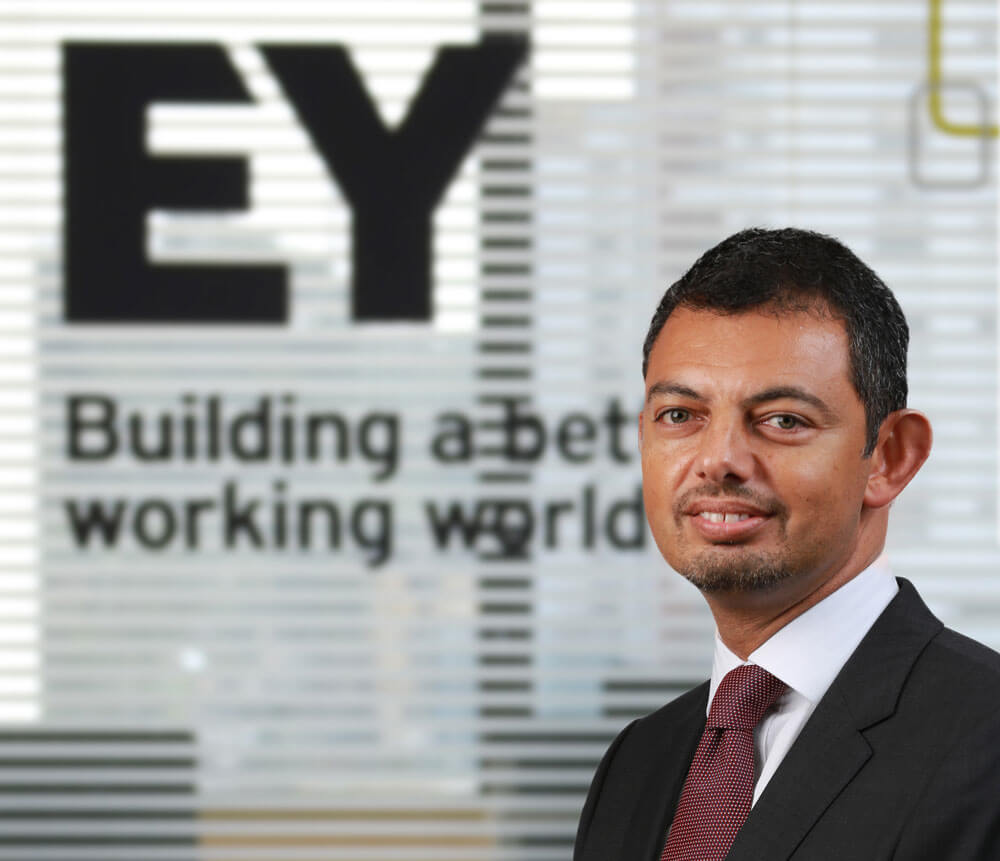Interview with Adib Rashid, MENA Family Business Center of Excellence Leader, EY
As more family businesses in the Middle East are looking to structure their wealth and manage their shareholder needs, family offices are on the rise as a proposed solution. Tharawat Magazine sat down with Adib Rashid, Leader of Family Business Services at EY to talk about why wealthy families need to set up the right structures in order to preserve their legacies.
Why do family businesses matter?
Family businesses constitute over 90% of the MENA region’s private sector and employ over 60% of the workforce. I’m passionate about family businesses because they have a long-term vision and build strong relationships with their clients and suppliers. The relationships are more personal; there is more loyalty and that’s a great competitive advantage. Family businesses also contribute a lot to their communities.
When I started working with family businesses over a decade ago, I realised that the most imminent danger to their survival is a lack of structure and governance that would help them deal with conflict and succession issues and ensure continuity of the business and family harmony.
When would a family need a family office?
Family offices separate ownership and management. Families who use family offices understand that there’s difference between what is personal wealth and what is family wealth. The family office can also be a catalyst for gradually improving governance and structure in the business. Family offices often start with a narrow remit; but as the family builds confidence over time, they can choose to hand over more and more services to be provided by the Family Office.
We have seen a rapid growth in family offices in the Middle East. Is this a good way to address that lack of structure?
The main driver behind establishing a family office has always been to separate business issues from family issues. Family offices help separate personal assets like properties from the collective ownership of the business.
Historically in the Middle East, we’ve seen a lot of family offices embedded inside the family business itself. This can put a huge burden on the business as sometimes, the CFO has to spend significant portion of their time taking care of things unrelated to the business.
Some families have opted for large multi-family offices run by international banks though usually, families only set up multi-family offices with other families they are linked to by blood or marriage. This region places great value on confidentiality; that’s why many families in the region prefer the single-family office, even though the setup cost is much higher.
[ms-protect-content id=”4069, 4129″]
What is the greatest worry you encounter in families setting up their family office?
The first concern of family businesses is usually cost; having a family office is seen as an extra cost. However, once they understand the value of the governance a family office brings, they begin to see it as an investment. It would be good if more families share their experiences as case studies to help other families decide how to approach it.
Who should be in charge of managing the family office?
The first step is to understand what the family needs to use the family office for. If it’s just for administrative services, you don’t need very high calibre personnel, but if they’re looking for investment and asset management services, then having someone with expertise in this area is advisable.
How long does it take to set up a family office?
A simple family office for administrative tasks can be implemented very quickly. Later, families might also need to consider the management of their international assets which will impact taxes and risk. That can take more time depending on how proactive the family is in managing its wealth. The most important move is to set up a governing body that is independent from the business; it prevents shareholders from taking advantage or pushing unduly for higher dividends.
Are there more family offices appearing in the Middle East?
Since the financial crisis, we’ve seen more families wanting to set up a structure for their wealth. It allows them to reduce dependence on external advisors and diminish the risk arising from regional instability. We hope this trend will carry on and provide continuity for family legacies.
Adib Rashid – Adib.Rashid@ae.ey.com
https://familybusiness.ey-vx.com
Tharawat Magazine, Issue 30, 2016
[/ms-protect-content]














